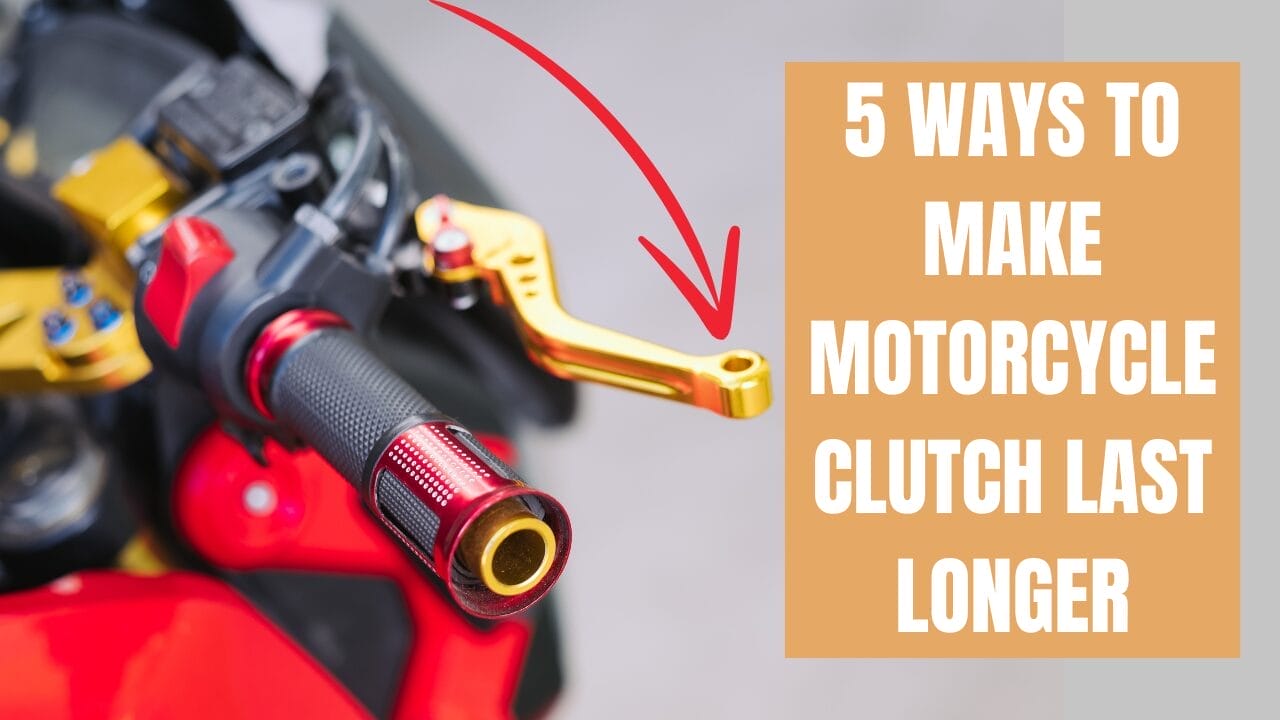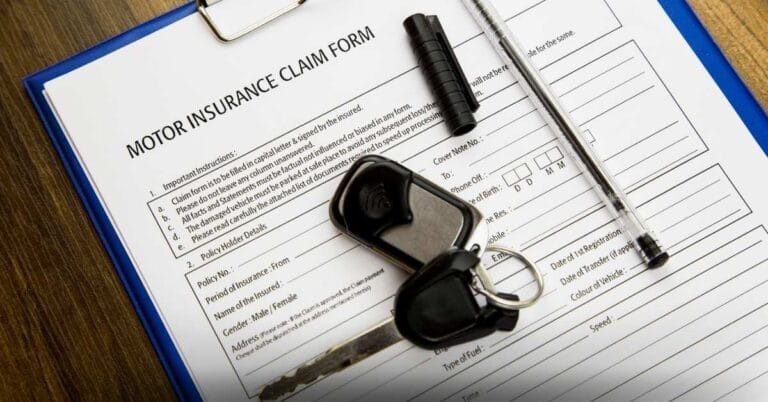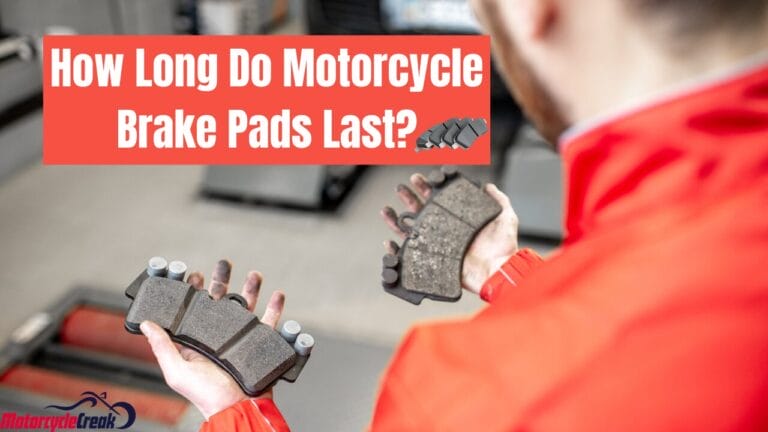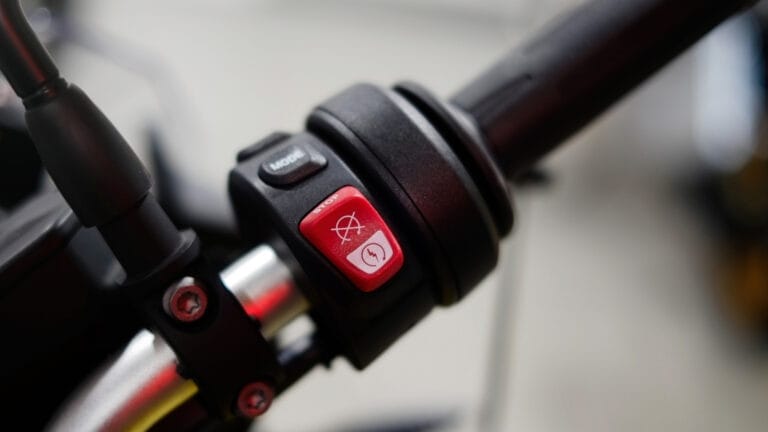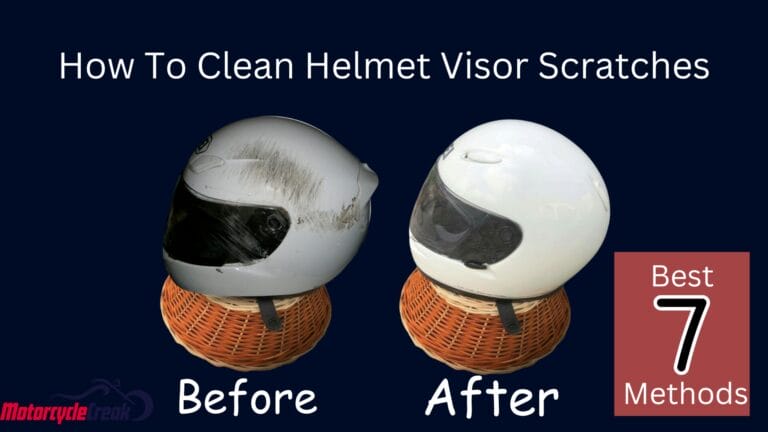How Long Does a Motorcycle Clutch Last? 5 Ways to Make It Last Longer
The clutch is one of the components in your motorcycle that doesn’t have a definitive lifespan. If you use and maintain the clutch properly, it will run until the wheels fall off. But abusing the clutch will cause a replacement way sooner than you would anticipate.
So, how long does a motorcycle clutch last? Clutches used and maintained in the right way can last for up to 80,000 miles or more. The lowest lifespan on clutches can be about 5,000-10,000 miles. See the gap between these two lifespans?
I will explain why this happens and how you can maximize the lifespan of your motorcycle clutch. Let’s get started.
How Long Does a Motorcycle Clutch Last?
As I have already mentioned, the lifespan of a motorcycle clutch varies greatly depending on how it is used. Let me explain two scenarios.
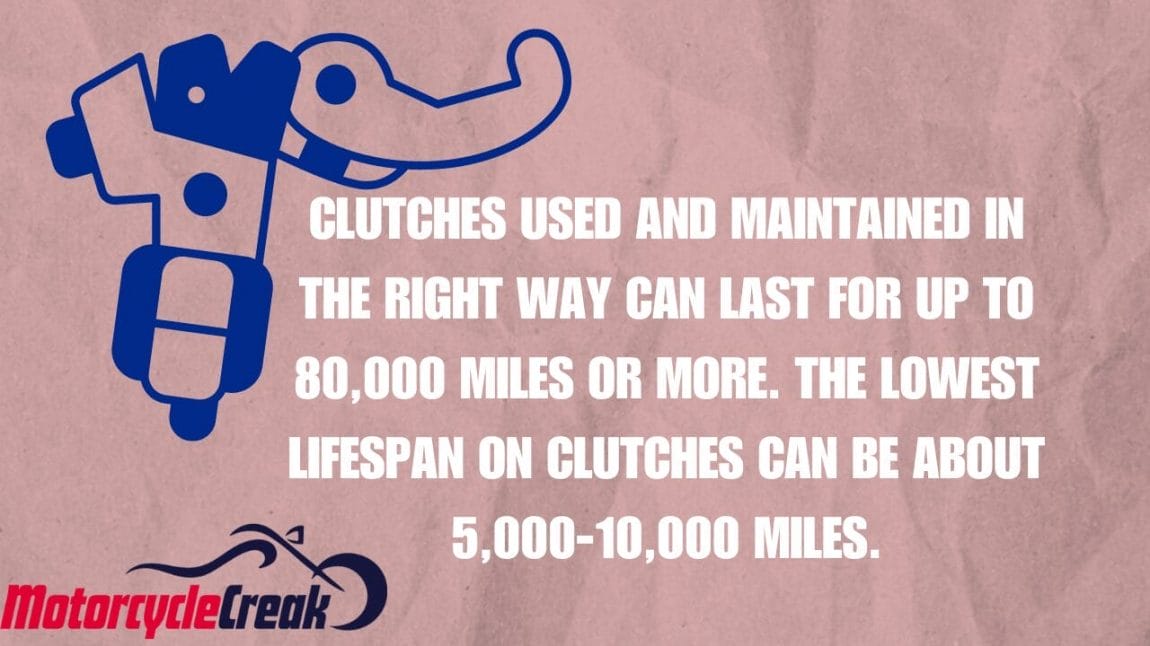
Proper Use and Regular Maintenance
The clutch bridges the engine and the transmission to send the right amount of power to the rear wheel of your motorcycle. During operation, the clutch can face a lot of friction if your shifting isn’t correct.
If you know how to shift correctly and don’t put much load on the clutch, it can easily last for up to 60,000 miles. When you get the clutch inspected during scheduled maintenance, its lifespan increases. In such cases, the clutch can last for 80,000 miles or even higher.
Wrong Use and Regular Maintenance
Incorrect gear shifting or wrong timing can cause a lot of friction to the clutch. It refers to shifting gears at an RPM range that is too low or too high for the specific gear. It will induce wear on the clutch faster. Such a clutch won’t last more than 20,000 miles.
Aggressive driving, doing stunts, riding clutches, etc., are also considered improper use of the clutch and reduce the lifespan of it.
The situation worsens when you skip scheduled maintenance and continue to ride with a faulty clutch. It wears the clutch further and you might need to replace the clutch after about 5,000 miles.
Understanding these situations will help you figure out a rough estimate of how long your motorcycle clutch will last.
Factors Affecting the Lifespan of a Motorcycle Clutch
Many of your driving habits can impact the lifespan of your motorcycle clutch. I compiled some of the most common reasons here. Give them a read.
1. Riding Style
This, I think, is the most overlooked factor behind a bad clutch. If you love to rev the engine and pull up the motorcycle quickly from a stop, it will put stress on the clutch. The same happens when you use the clutch at a high speed without lowering your gear.
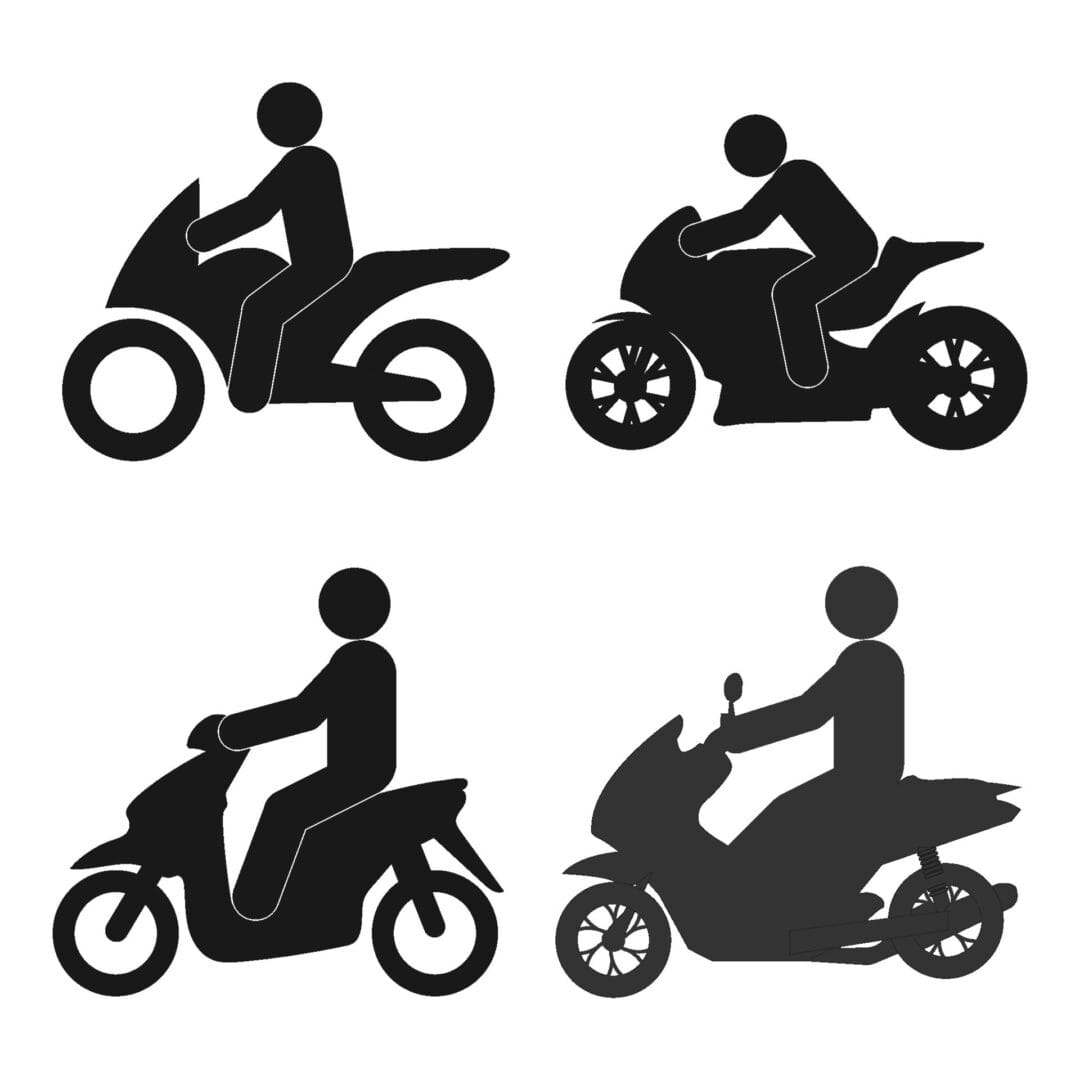
I have seen many Gen Z motorcyclists do this, especially the beginner ones. Remember, this will drastically reduce the lifespan of your motorcycle clutch.
2. Shifting Pattern
Here is a diagram of the clutch system in your motorcycle. Understanding this is important for what I am going to discuss next.
Image: Clutch Assembly
When you pull the clutch lever, the clutch plate cuts off the connection between the engine and the transmission. If you shift the gear at that very moment, the clutch will sit on the next gear properly.
But if you shift the gear too early or too late, the gear teeth can’t synchronize properly. This results in clutch wear, which reduces the lifespan of the clutch. Half clutch is another common reason behind clutch wear, where you don’t pull the clutch lever all the way.
3. Road Conditions
The usage frequency of the clutch greatly depends on the road you are riding on. For example, city riding requires more clutch usage compared to highway riding.

As the clutch will be used more on city roads, especially with huge traffic, it will wear faster. If you mostly ride on highways where the clutch isn’t used so much, the clutch will last for longer.
4. Build Quality of the Clutch
Some motorcycles come with superior clutches that are designed to last for longer. Take premium motorcycles, such as Ducati or Harley-Davidson, for example. Renowned manufacturers try to use durable clutch material that will last a lifetime.
But, affordable motorcycles might not have such durable clutches. Those clutches will have a shorter lifespan of about 20,000-40,000 miles.
5. Clutch Maintenance
Every time you use the clutch, it faces micro-wear. Those metal shavings accumulate inside the clutch assembly. If you don’t get the clutch assembly cleaned periodically, it damages the clutch badly.
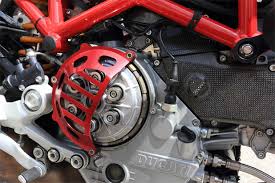
Regular maintenance is one of the prerequisites for a long-lasting clutch. If you open the clutch assembly and get everything cleaned during scheduled maintenance, the lifespan of the clutch will almost be doubled.
Dry Clutch vs Wet Clutch: Which One Lasts for Longer?
Engine oil is the key differentiator between a dry and a wet clutch. The clutch assembly doesn’t have any sheathing in motorcycles with a dry clutch. But a wet clutch is covered in engine oil. So, how does this factor impact the lifespan of the clutch?

First of all, the engine oil sheathing creates a wider friction zone for the clutch. It means you have more flexibility in terms of shifting time. The engine oil also cools the clutch quicker, so the clutch can withstand faster accelerations better.
Overall, a wet clutch lasts much longer than a dry clutch. So, it might be a better option for you as a beginner.
This video will help you understand the pros and cons of both clutches better:
Tips to Increase the Clutch Lifespan
Keep these pro tips in mind to continue rocking the clutch for a long time.
- Focus on the perfect timing of gear shifting.
- Pull the clutch lever fully while shifting gears.
- Don’t release the clutch until the shifting is complete.
- Avoid fast accelerations, especially on lower gears.
- For motorcycles with a wet or hydraulic clutch, inspect the engine oil or hydraulic fluid quality frequently.
FAQs
Here are answers to some commonly asked questions that I couldn’t accommodate in the main discussion. Don’t miss them.
Q: How do I know if my clutch is at the end of its lifespan?
There are multiple symptoms of a clutch that is going to fail soon. Gear shifting will become too hard if the clutch is almost worn. Also, the clutch lever will be much tighter. You might hear clunking noises from the clutch.
Q: Can I repair a clutch to extend its lifespan?
Unfortunately, no. The clutch is a sensitive component of your motorcycle that needs to be fine-tuned. Repaired clutches have a high chance of not synchronizing with the rest of the components.
Q: Should I replace the clutch if gears slip in my motorcycle?
Yes. Gear slipping is a notable symptom of a worn clutch. You should at least inspect the clutch and replace it if necessary.
Final Thoughts
Clutches usually last longer than other consumable components in your motorcycle. The expected lifespan of a motorcycle clutch is about 60,000-80,000 miles. But the expectation goes down the drain when you abuse the clutch frequently.
Riding the clutch, incorrect shifting, sudden acceleration, poor maintenance, etc., are the most common reasons for a short-lived clutch. These reasons can drag the lifespan down to 5,000 miles. You must follow standard riding practices to increase the lifespan of your clutch.

